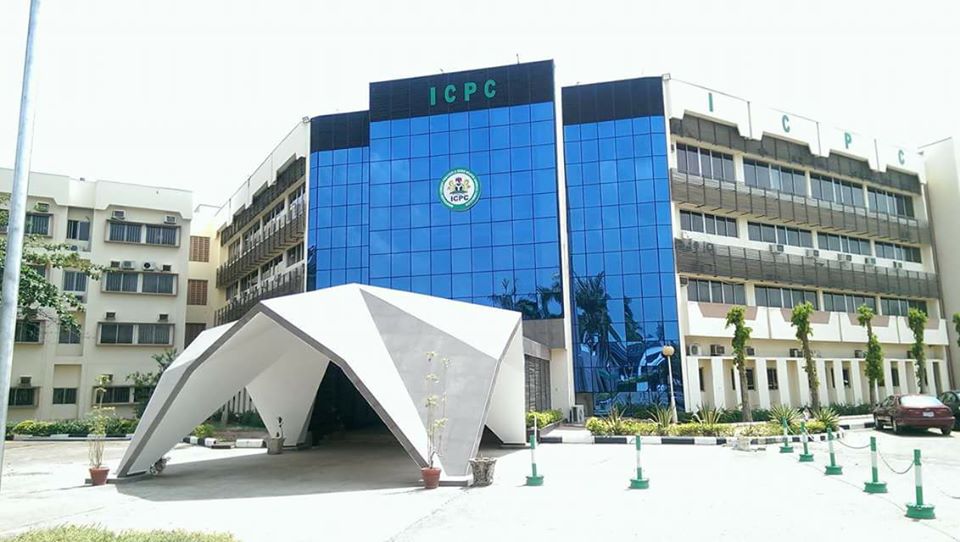ICPC tracks N11.7bn projects in Borno, warns contractors against using flood as excuse
The Independent Corrupt Practices and Other Related Offences Commission (ICPC) has warned contractors against using the recent flood disaster in Borno State to abandon Constituency projects in the state. The Resident Anti-Corruption Commissioner, Borno State Office, Mr Ishaku Sakaba, handed the warning in Maiduguri, on Tuesday, as the commission commences the tracking of 76 projects […]

The Independent Corrupt Practices and Other Related Offences Commission (ICPC) has warned contractors against using the recent flood disaster in Borno State to abandon Constituency projects in the state.
The Resident Anti-Corruption Commissioner, Borno State Office, Mr Ishaku Sakaba, handed the warning in Maiduguri, on Tuesday, as the commission commences the tracking of 76 projects worth N11.7 billions in three senatorial zones of the state.
Sakaba said the aim of the exercise was to deepen adherence to due process in the execution of public-funded projects, improve value for money, and entrench the culture of compliance with the scope and specification as contained in the contract documents.
He said, “We track to follow up to its conclusion, where the projects are poorly executed, and we make sure it’s properly done. And where we need to recover funds, we do that.
“In Borno State, across the three senatorial zones, we are tracking 76 projects, worth N11,666,698,198.47.”
He assured that the commission would follow up all projects to ensure compliance, noting that those contractors trying to take advantage of the recent flood disaster would be uncovered.
“People must account for all their projects, and the contractors will provide us with documents because there must be pictorial evidence that will show to us that the project was executed.
“And, where they didn’t do the project and try to cash in on the issue of disaster, telling us that the flood destroyed them, people will know. The flood must leave evidence, and people will be able to tell us what happens.
“If the projects are poorly executed, people should come and complain, so that we can follow up even after this,” he added.
